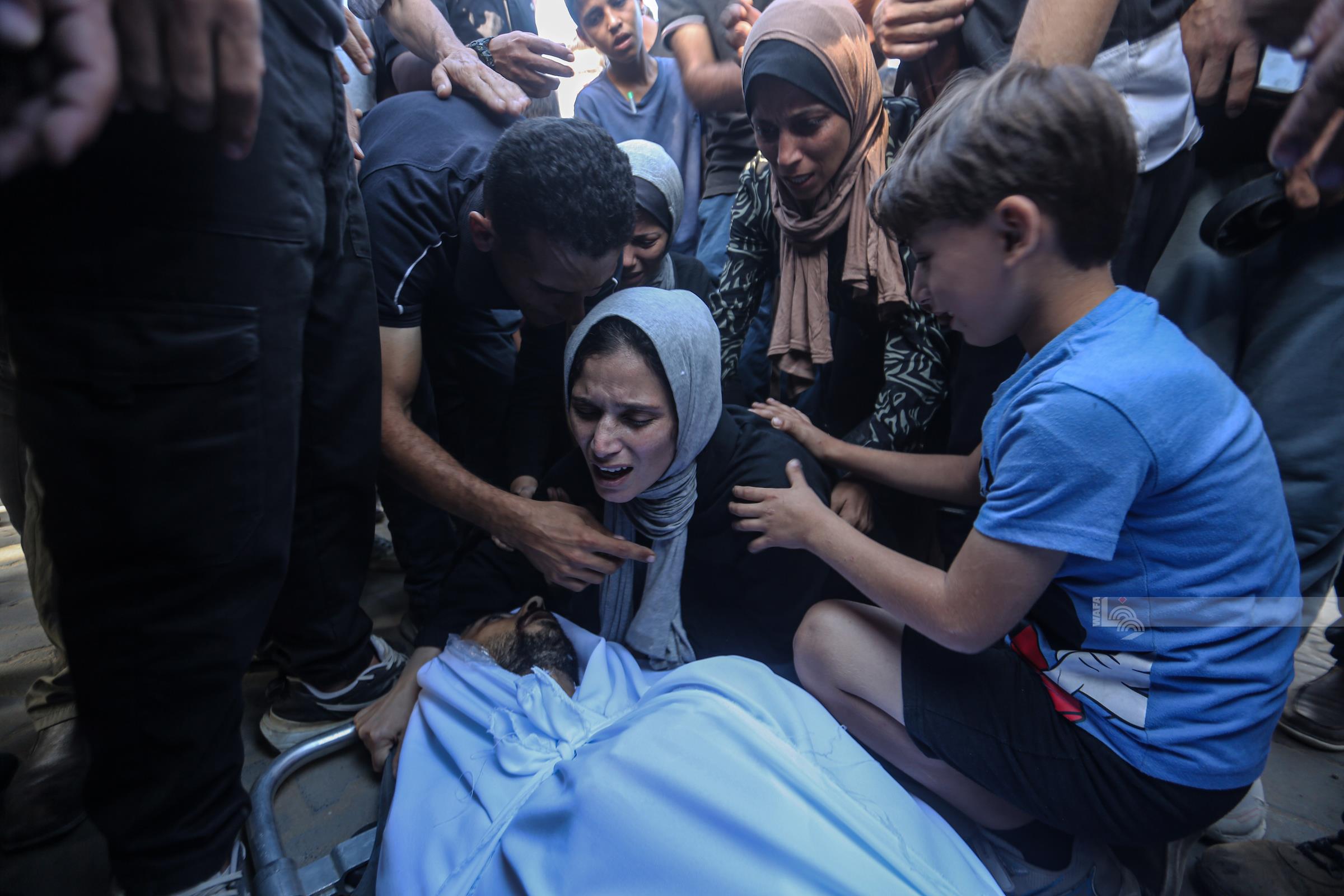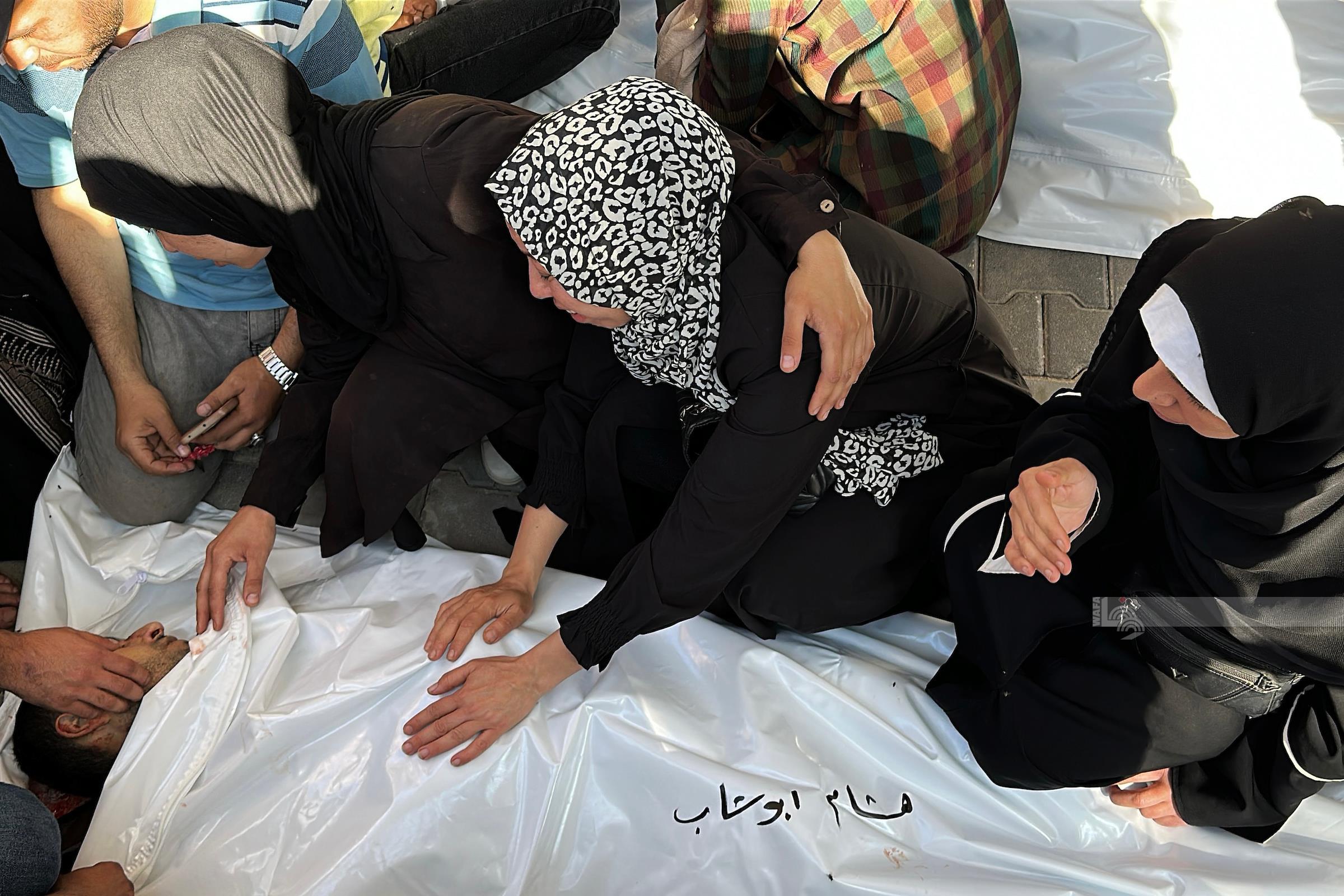GENEVA, May 23, 2025 (WAFA) — The World Health Assembly, the governing body of the World Health Organization (WHO), has adopted two important resolutions in favor of the State of Palestine, marking a significant advancement in its international standing and a renewed focus on the critical health crisis in the occupied Palestinian territory, including East Jerusalem.
The first resolution grants Palestine full accession to the International Health Regulations (IHR), a framework of legal instruments that govern global health security, especially in emergency response and pandemic preparedness. The resolution, submitted by the State of Palestine, received overwhelming support with 112 countries voting in favor, two (Hungary and Israel) voting against, and 19 abstaining.
With this decision, Palestine will now be treated as a full party to the IHR, granting it access to all related technical and emergency support mechanisms provided by the WHO. Though Palestine has had an official point of contact with the organization since 2010, this move significantly enhances its ability to coordinate health responses, benefit from global health resources, and better protect its population during crises.
The IHR were adopted in 2005 and came into force in 2007. This step represents a major milestone in strengthening Palestine’s role in global health governance and emergency cooperation.
The Assembly also passed a second resolution titled “Health Conditions in the Occupied Palestinian Territory, including East Jerusalem,” with 114 countries voting in favor, two opposing (Hungary and Israel), and 15 abstaining. The vote took place in the presence of Palestinian Health Minister Dr. Majed Abu Ramadan and WHO Director-General Dr. Tedros Adhanom Ghebreyesus.
The resolution addresses the severe and worsening health crisis in the occupied territories, particularly in the Gaza Strip, which has been under a full Israeli blockade and subjected to repeated military assaults. It calls for the immediate lifting of Israel’s blockade and for unimpeded access to humanitarian and medical aid.
The resolution also stresses the need to uphold international humanitarian law, protect medical facilities and personnel, and end repeated attacks on healthcare infrastructure.
M.N









